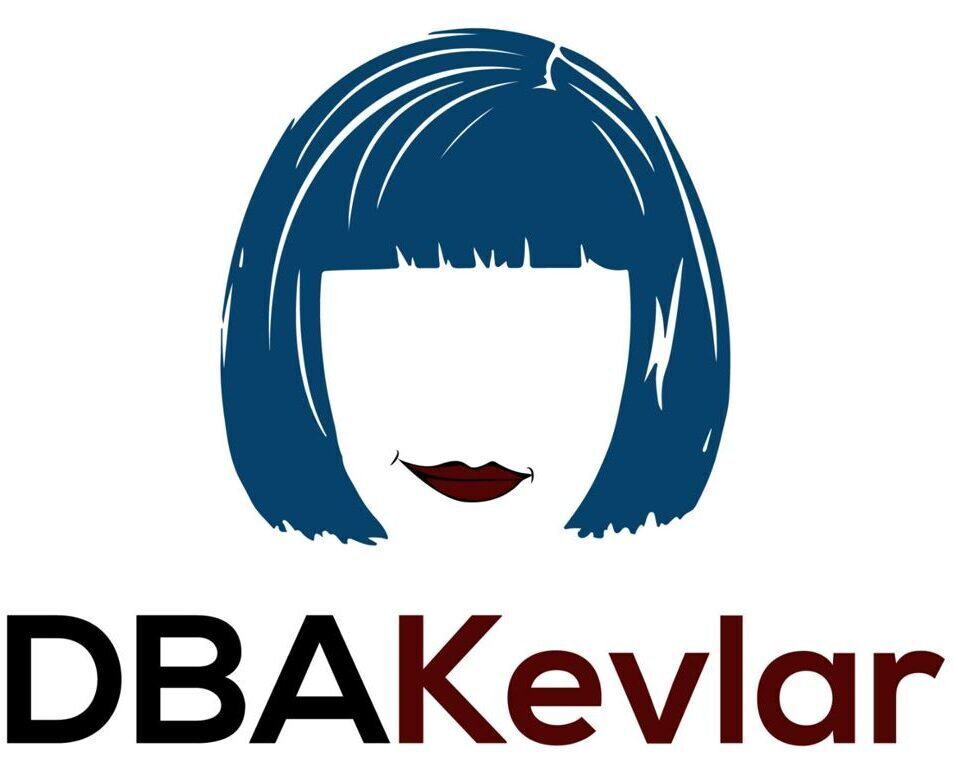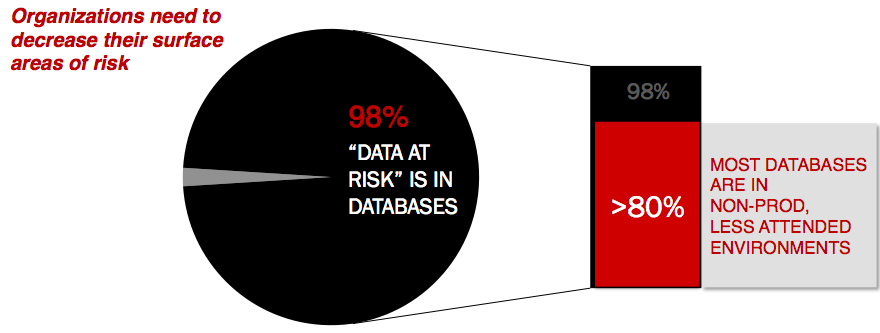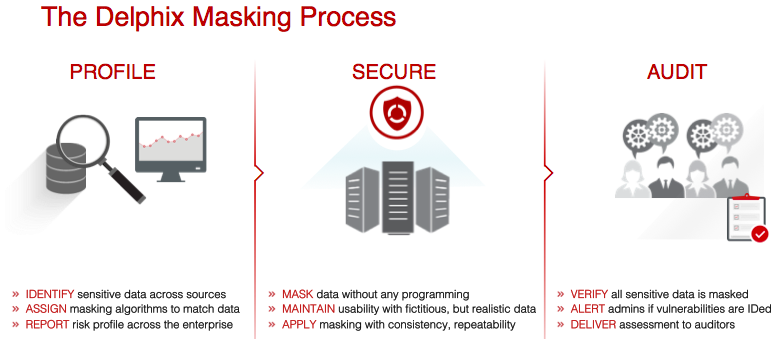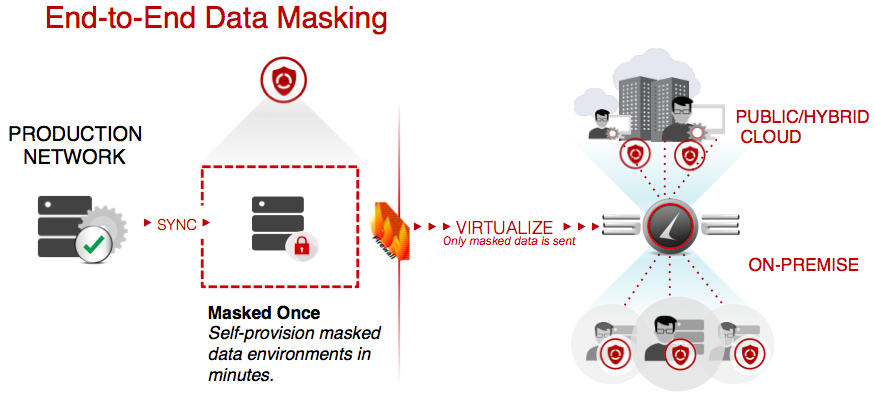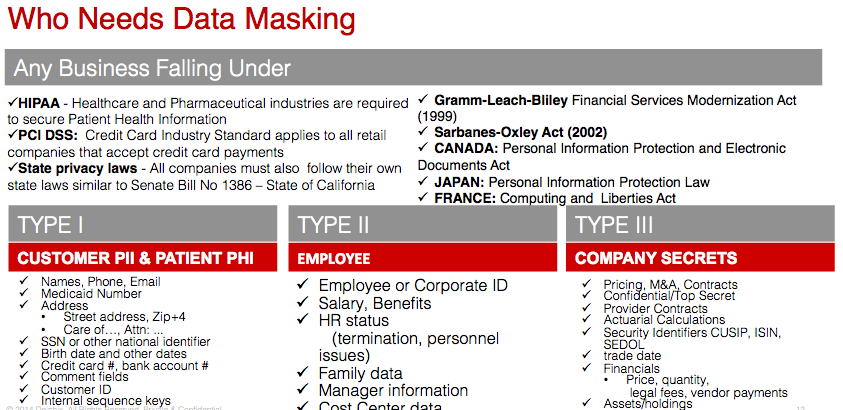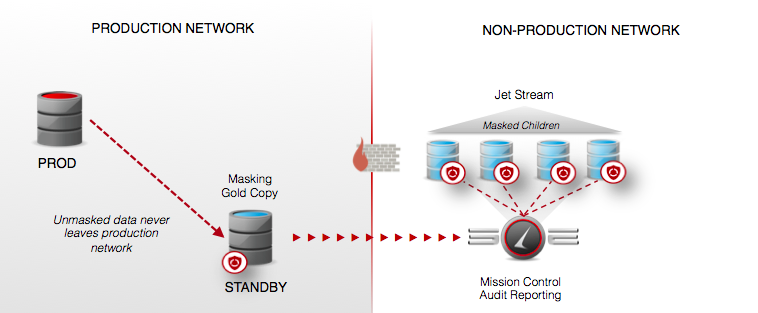I’ve been involved in two data masking projects in my time as a database administrator. One was to mask and secure credit card numbers and the other was to protect personally identifiable information, (PII) for a demographics company. I remember the pain, but it was better than what could have happened if we hadn’t protected customer data….
Times have changed and now, as part of a company that has a serious market focus on data masking, my role has time allocated to research on data protection, data masking and understanding the technical requirements.
Reasons to Mask
The percentage of companies that contain data that SHOULD be masked is much higher than most would think.
The amount of data that should be masked vs. is masked can be quite different. There was a great study done by the Ponemon Instititue, (that says Ponemon, you Pokemon Go freaks…:)) that showed 23% of data was masked to some level and 45% of data was significantly masked by 2014. This still left over 30% of data at risk.
The Mindset Around Securing Data
We also don’t think very clearly about how and what to protect. We often silo our security- The network administrators secure the network. The server administrators secure the host, but doesn’t concern themselves with the application or the database and the DBA may be securing the database, but the application that’s accessing it, may be open to accessing data that shouldn’t be available to those involved. We won’t even start about what George in accounting is doing.
We need to change from thinking just of disk encryption and start thinking about data encryption and application encryption with key data stores that protect all of the data- the goal of the entire project. It’s not like we’re going to see people running out of a building with a server, but seriously, it doesn’t just happen in the movies and people have stolen drives/jump or even print outs of spreadsheets drives with incredibly important data residing on it.
As I’ve been learning what is essential to masking data properly, along with what makes our product superior, is that it identifies potential data that should be masked, along with ongoing audits to ensure that data doesn’t become vulnerable over time.
This can be the largest consumption of resources in any data masking project, so I was really impressed with this area of Delphix data masking. Its really easy to use, so if you don’t understand the ins and outs to DBMS_CRYPTO or unfamiliar with the java.utilRANDOM syntax, no worries, Delphix product makes it really easy to mask data and has a centralized key store to manage everything.
It doesn’t matter if the environment is on-premise or in the cloud. Delphix, like a number of companies these days, understands that hybrid management is a requirement, so efficient masking and ensuring that at no point is sensitive data at risk is essential.
The Shift
How many data breaches do we need to hear about to make us all pay more attention to this? Security topics at conferences are diminished vs. when I started to attend less than a decade ago, so I know it wasn’t that long ago it appeared to be more important to us and yet it seems to be more important of an issue.
Research was also performed that found only 7-19% of companies actually knew where all their sensitive data was located. That’s over 80% sensitive data vulnerable to a breach. I don’t know about the rest of you, but upon finishing up on that little bit of research, I understood why many feel better about not knowing and why its better just to accept this and address masking needs to ensure we’re not one of the vulnerable ones.
Automated solutions to discover vulnerable data can significantly reduce risks and reduce the demands on those that often manage the data, but don’t know what the data is for. I’ve always said that the best DBAs know the data, but how much can we really understand it and do our jobs? It’s often the users that understand it, but may not comprehend the technical requirements to safeguard it. Automated solutions removes that skill requirement from having to exist in human form, allowing us all to do our jobs better. I thought it was really cool that our data masking tool considers this and takes this pressure off of us, letting the tool do the heavy lifting.
Along with a myriad of database platforms, we also know that people are bound and determined to export data to Excel, MS Access and other flat file formats resulting in more vulnerabilities that seem out of our control. Delphix data masking tool considers this and supports many of these applications, as well. George, the new smarty-pants in accounting wrote out his own XML pull of customers and credit card numbers? No problem, we got you covered… 🙂
So now, along with telling you how to automate a script to email George to change his password from “1234” in production, I can now make recommendations on how to keep him from having the ability to print out a spreadsheet with all the customer’s credit card numbers on it and leave it on the printer…:)
Happy Monday, everyone!
